Hone your knowledge and skills with new insights, perspectives, learning and a deeper understanding of the field of professional coaching.
Connect your passion for empowering others, the practical skills required to be a professional coach, and the knowledge and theory to offer depth and breadth to the profession.
This two-year, flexible degree program is delivered through a mix of online courses and learning experiences on campus. This means that you can apply your learning, while balancing your studies with your career and life.
Inspire hope, powerful visioning and solutions to help society and changemakers face today's complex world.
Blended delivery
Mix of online courses with on-campus learning experiences.
Pathways
Apply your credits from Grad. Cert. in Executive Coaching or approved coaching programs toward this master's.
Expert faculty
You’ll learn from active and credentialed coaches, and from fellow coach practitioners with diverse perspectives.
Upcoming offerings
June 08, 2026
Application deadline ℹ
Delivery model
Domestic tuition
International tuition
Request more information
Develop your coaching expertise
Learn how to address complex challenges through conversations that support growth and change. This program combines coaching theory with practical skills and real-world application.
The degree begins with the Graduate Certificate in Executive Coaching, then moves into advanced topics such as psychology, ethics and evaluation. You can tailor your learning through elective choices and complete either an applied project or thesis.
Courses are taught by credentialed coaches, and you’ll learn alongside peers who bring a range of coaching experiences and perspectives
You can build toward this degree
You can apply credits from the Graduate Certificate in Executive Coaching or other approved Coaching programs toward this degree.
Study through a blend of online and on-campus learning
This 36-credit program combines online learning with two one-week on-campus residencies.
The first residency takes place at the start of the program, and the second occurs when you move into the next phase of the degree. Some electives may also include additional in-person components.
Online courses
Courses include readings, discussions, webinars, guest speakers, and team assignments. You’ll engage in both asynchronous and synchronous activities, meeting deadlines and contributing to the class’s collective learning.
On-campus residencies
These immersive sessions build community and enhance experiential learning.
During this time, you can expect to attend classes full time (e.g., Monday to Friday from 8 a.m. to 5 p.m.), complete assignments individually and in teams, both in and outside class, and engage in hands-on learning to gain insights and apply transformative practices.
Courses
Required courses
Complete the following three (3) courses from the Graduate Certificate in Executive Coaching (or equivalent accredited coaching program).
EXCH500
Best Practices in Executive Coaching
3.0 Credits
Blended, Online
EXCH508
Foundations of Executive Coaching
3.0 Credits
Online
EXCH509
Executive Coaching in Organizations
3.0 Credits
Online
Complete these additional required courses
ADVC665
Transformative Practice: Coaching for Global Impact
3.0 Credits
Blended
ADVC670
Ethics and the Coaching Profession
3.0 Credits
Online
ADVC660
The Psychology of Coaching
3.0 Credits
Online
ADVC612
Group and Team Coaching
3.0 Credits
Online
INDS510
Social Science Research Methods
3.0 Credits
Online
Faculty
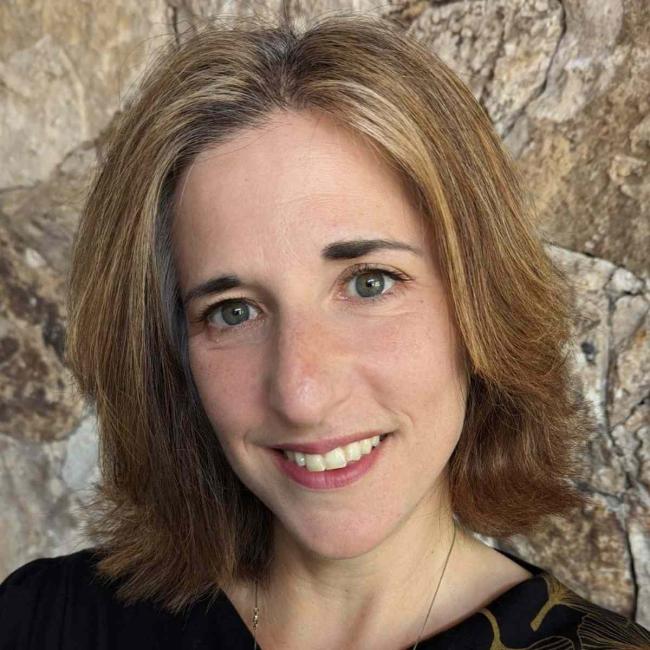
Associate faculty
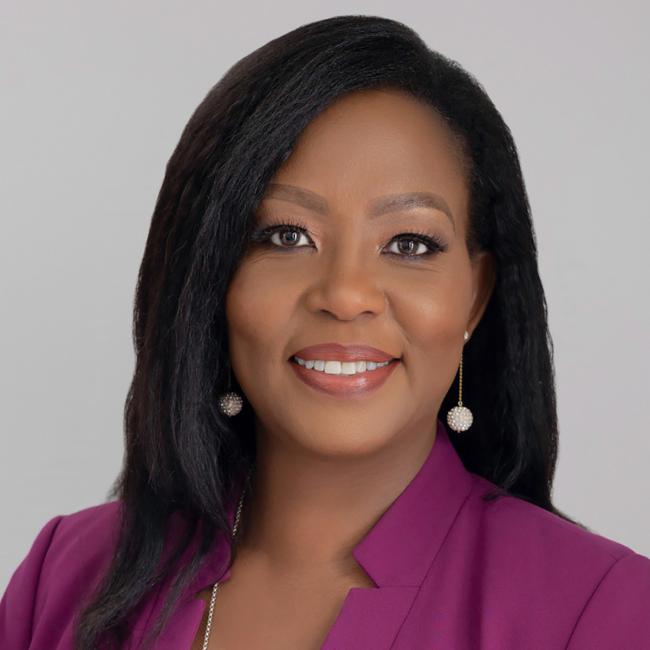
Associate faculty

Associate faculty
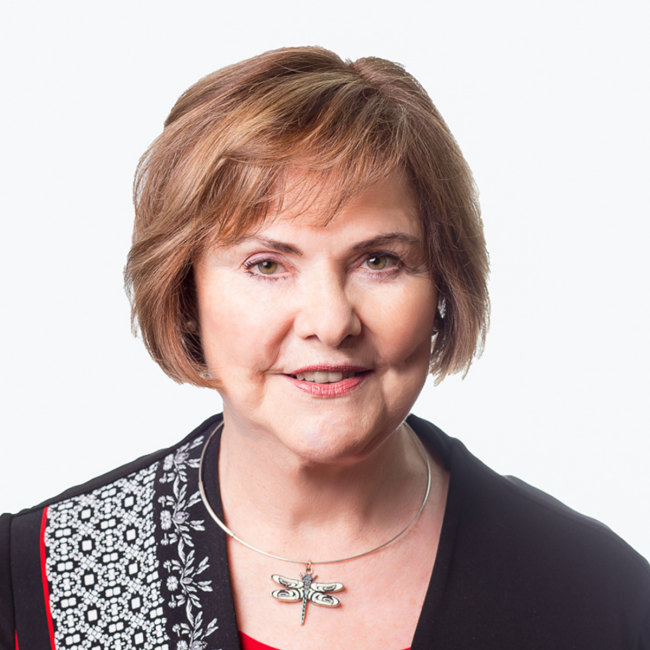
Associate faculty

Associate faculty
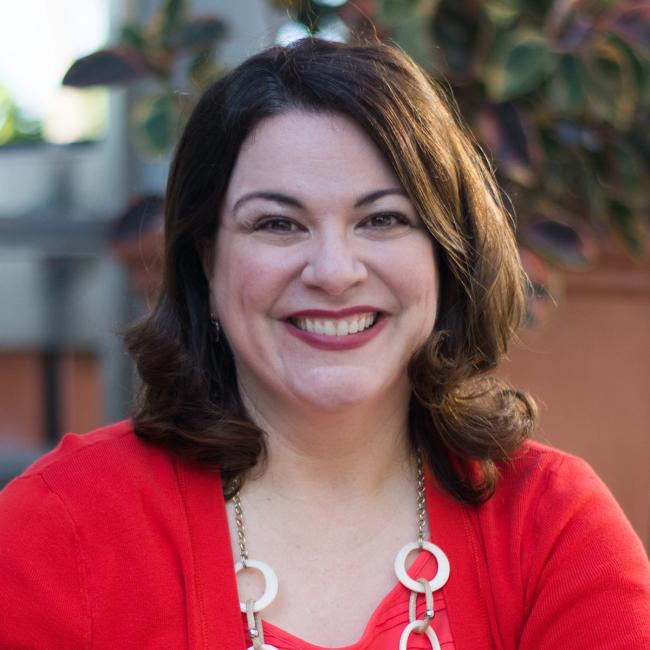
Associate faculty

Associate faculty

Associate faculty

Associate faculty
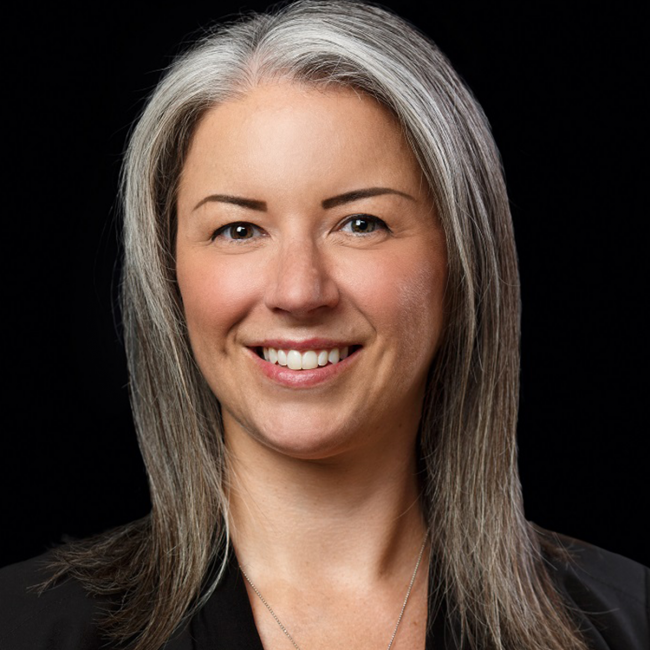
Associate faculty

Associate faculty
Transfer agreements
Refine results
Admission to this program is assessed on a case-by-case basis, taking into account all aspects of the applicant's work and life experience, volunteer and community activities, practical experience, related training and formal education.
*Applicants must have completed either the Graduate Certificate in Executive Coaching at Royal Roads University or equivalent coach training elsewhere.
Standard admission
- Completion of a four-year (or comparable) undergraduate degree or a graduate degree from a recognized post-secondary institution.
- Normally, at least three years of relevant full-time experience.
Flexible admission
To be considered for Flexible Admission, applicants would normally require at least seven years of extensive relevant work experience and some post-secondary education.
English language proficiency
- If English is not your primary language, please review our English language requirements.
Additional recommendations
- Academic writing skills are required for success in this program. An English composition course at a recognized post-secondary institution that is focused on academic writing is therefore recommended. The Academic Writing and Critical Thinking course offered through Professional and Continuing Studies at Royal Roads University meets this recommendation.
All applications to this program require submission of the following information and supporting documents before your file can be assessed for admission:
Application form
In order to apply online, you will be required to create a log-in account using your email address. You will be required to list all credit courses and/or programs you have completed or are currently enrolled in. An application fee will be required. If your application fees are being paid by a third party, review sponsored student information. Once submitted, you may check the status of your application at any time.
Missed your application deadline? While we can’t make any guarantees, we may be able to accommodate late applications if there's still space and enough time to process. If you're interested in an intake that is now closed to applications, apply for the next available intake and email Admissions with your preferred start date. Make sure you’re prepared to submit your program's required documents right away. We can't make an admissions decision without them.
Official transcripts
In accordance with RRU's admissions policy and practices:
- All applicants must declare all post-secondary studies (courses, programs, transfer credit, etc.) in their application.
- At a minimum, applicants are expected to provide unofficial transcripts from all institutions currently or previously attended. Admissions will determine which official transcripts will be required, and these requirements will be noted as a condition of admission.
Applicants are responsible for arranging for the submission of official transcripts if/when required as a condition of admission. Transcripts are considered official only if submitted directly by the Registrar or other recognized authority of the providing institution in the institution's original, sealed envelope. If the envelope has been opened, the transcripts are no longer official and new (official) transcripts will be required to complete your application.
Transcripts are not required for non-credit programs or courses, though some programs may require proof of professional certifications or designations.
All international transcripts or credentials are subject to an international transcript and/or credential evaluation.
Personal statement
The personal statement should be approximately one to two pages in length and outline your motivation for seeking entrance to the program. The statement should address the topic of how the Master of Arts in Executive and Organizational Coaching program that you are applying for will contribute to your future career. Relate this to who you are, what you feel you will gain from the program, and the strengths you feel you could bring to the program.
Résumé
A detailed résumé provides the Admissions Office with as much information about your work and life experiences as possible. We are interested in knowing where you have worked, for how long, and what you were responsible for in the positions you held. Provide as much information as possible, with special attention to the past ten years of your career. We would also like to see any professional development courses, volunteer positions, professional certification, association memberships or international experience that you may have acquired.
Two reference letters
These documents can be written in a variety of formats. In essence, we expect the writer to confirm that you are a suitable candidate for the program, explain why they believe you will succeed in such a program, and describe how the program will benefit you. The context in which the writer has come to know you should also be mentioned.
If applicable:
- Applicants declaring permanent resident or Convention Refugee status in Canada must submit a copy of both sides of their Permanent Resident Card (PR card) along with their application.
- Transcript evaluation fee or international credential evaluation report, if submitting international transcripts.
- An official English language proficiency score report or other evidence of proficiency if English is not your primary language.
- Other information or documents as may be requested to determine your eligibility.
For information on how and where to send your supporting documents, please refer to the document submission guidelines.


